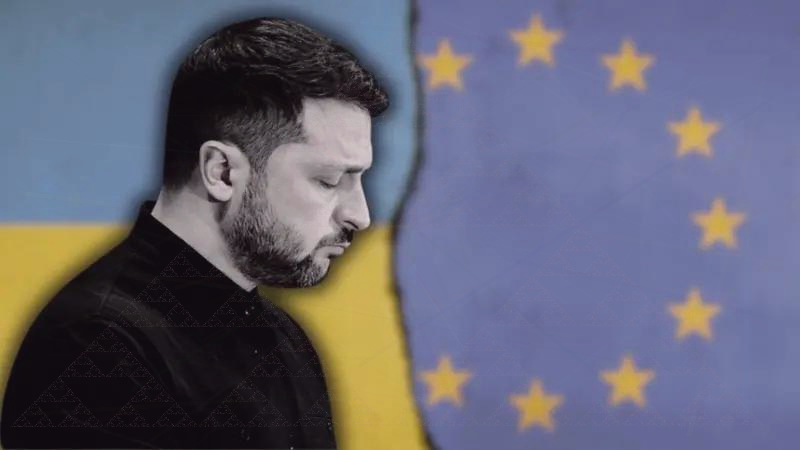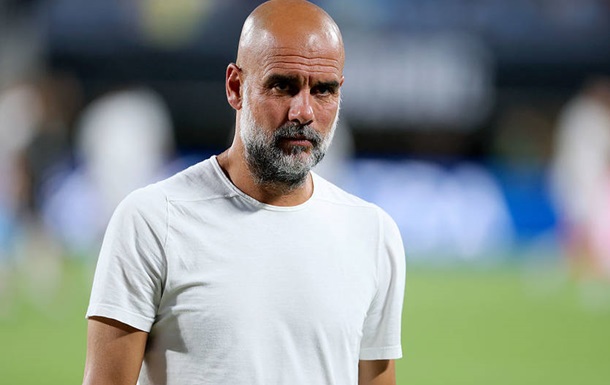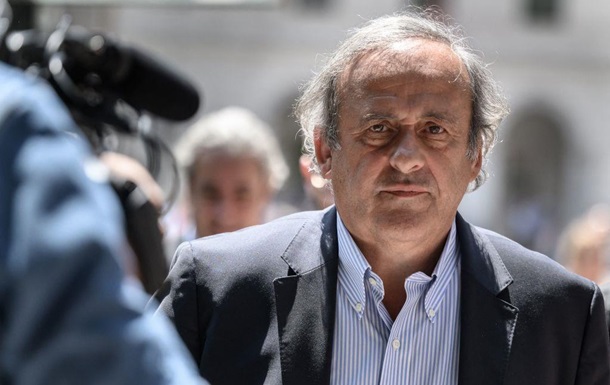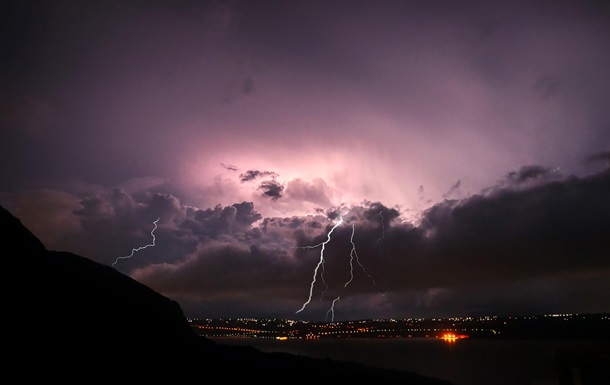
EU Suspends €1.5B Aid: A Major Test for Zelenskyy’s Anti-Corruption Agenda
As Ukraine’s war with Russia continues, President Volodymyr Zelenskyy now faces mounting pressure—not from Moscow, but from Brussels. For the first time since the 2022 invasion, the European Union has chosen to withhold €1.5 billion in aid, citing insufficient progress on key anti-corruption reforms.
The suspended funds are part of the broader Ukraine Facility program, a €50 billion initiative intended to help rebuild and modernize Ukraine. The decision follows Kyiv’s failure to meet three out of sixteen required benchmarks, including appointing judges to the High Anti-Corruption Court.
Zelenskyy’s Image Under Scrutiny
Though the aid freeze is not permanent, it has already impacted Zelenskyy’s image as a wartime reformer. Previously celebrated by European allies, he now faces criticism over transparency and governance.
“Among donors, frustration with Zelenskyy is growing. The shine is fading,”
— James Wasserstrom, U.S. anti-corruption expert (NYT)
The controversy erupted after Zelenskyy supported a law (№12414) that compromised the independence of NABU and SAPO—Ukraine’s key anti-graft agencies. Following protests, he introduced a new bill (№13533) aimed at restoring their autonomy.
Correcting Course: Legislative Response
Reacting swiftly, Zelenskyy acknowledged the importance of public input—even during wartime. The new legislation removes controversial search limitations, preserves agency independence, and includes regular lie detector tests for officials with ties to Russia.
“It’s absolutely normal to respond when people object. They asked for legal integrity, and we responded,”
— President Volodymyr Zelenskyy
Zelenskyy confirmed that the proposal was shaped collaboratively with NABU and SAPO and emphasized that the law aligns with Ukraine’s European integration goals.
Western Frustration and Domestic Concerns
Despite the reforms, the EU acted. This suggests rising impatience among European partners, who expect faster institutional progress. Domestically, critics warn that the government has become more centralized under martial law, with local officials replaced by military administrators and investigative pressure on activists and journalists.
Restoring Trust: A Critical Test
Zelenskyy’s proposed bill—scheduled for a vote on July 31—could restore both international confidence and domestic balance. The Parliament Speaker confirmed it will be considered “as a whole,” skipping a second reading to accelerate its adoption.
According to NABU, the bill restores full legal authority to both agencies and ensures continued progress in anti-corruption investigations. It may also influence the IMF’s ongoing €15.6 billion program, which requires key appointments left unfilled by Zelenskyy’s administration.
Conclusion: A Legacy at Stake
President Zelenskyy now stands at a defining moment. The EU’s conditional aid freeze sends a clear message: Ukraine’s democratic progress must continue, regardless of wartime conditions. With global eyes watching, Zelenskyy must prove that reform is not a temporary reaction—but a long-term commitment.
Only by balancing battlefield resilience with institutional integrity can Ukraine secure its European future—and Zelenskyy his enduring legacy as both a wartime leader and a democratic reformer.



